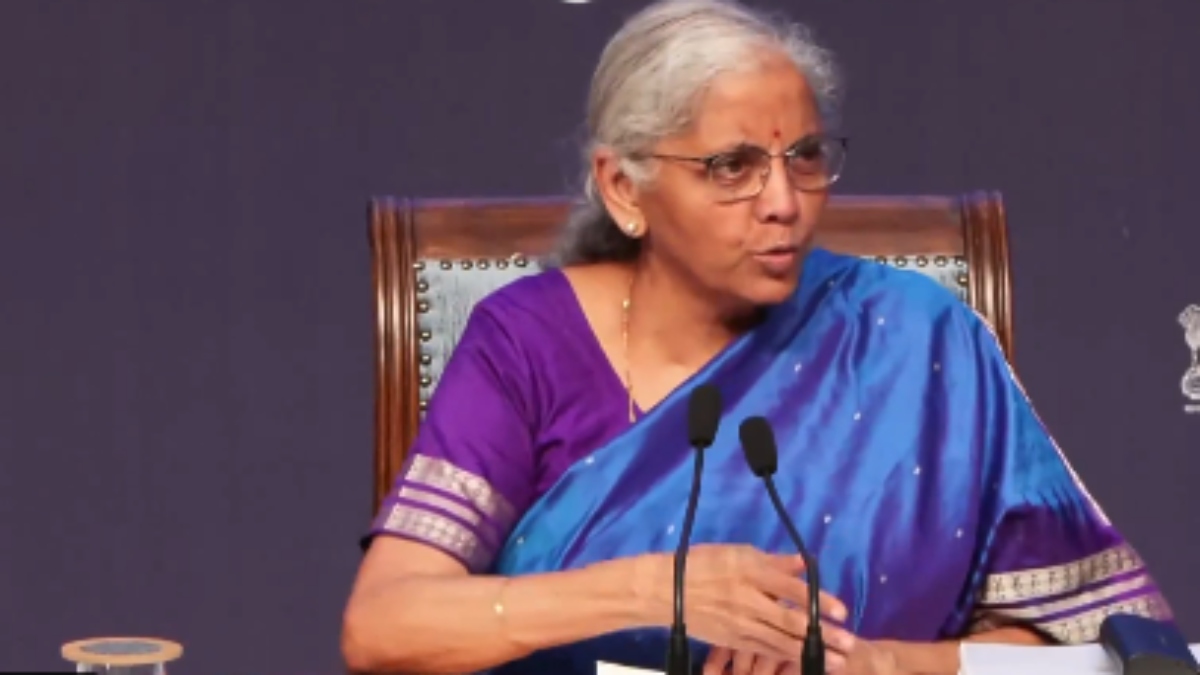The GST Council on Wednesday approved a two-tier rate structure of 5 and 18 per cent, which will be implemented from September 22.
Council also approved a new slab of 40 per cent for sin and luxury goods.
After the 56th GST Council meeting, Union Finance Minister Nirmala Sitharaman said, “We’ve reduced the slabs. There shall be only two slabs, and we are also addressing the issues of compensation cess.”
“These reforms have been carried out with a focus on the common man. Every tax on the common man’s daily use items has gone through a rigorous review and in most cases the rates have come down drastically… Labour intensive industries have been given a good support. Farmers and the agriculture sector, as well as the health sector, will benefit. Key drivers of the economy will be given prominence,” she added.
Impact Shorts
More ShortsThe government announced a sweeping reduction in GST rates on a wide range of essential goods.
Several daily-use items will now become cheaper, with new rates focusing on personal care products, food items, and household appliances.
Items such as hair oil, toilet soap, soap bars, shampoos, toothbrushes, toothpaste, bicycles, kitchenware, and other household articles will now attract a reduced GST of 5%.
In a major step, some essential food items have been made completely tax-free.
The GST on ultra-high temperature (UHT) milk, chena, and paneer has been reduced from 5% to zero. All traditional Indian breads —including roti and paratha — will now attract a nil GST rate, regardless of their type or preparation.
Several packaged food products and condiments that were earlier taxed at 12% or 18% will now fall under the 5% bracket. This includes items like namkeen, bhujia, sauces, pasta, instant noodles, chocolates, coffee, preserved meat, cornflakes, butter, and ghee — products that are staples in many households.
The government has also announced a reduction in GST from 28% to 18% on a range of consumer durables.
Air conditioning machines, televisions (including those larger than 32 inches), and dishwashing machines will now be taxed at 18%. The same rate will apply to small cars and motorcycles with an engine capacity of 350cc or less.
Bihar Deputy Chief Minister Samrat Choudhary said that all states were on board for the rate rationalisation, and it was a consensus-based decision.
West Bengal Finance Minister Chandrima Bhattacharya said the total loss due to GST rate rationalisation would be Rs 47,700 crore.
Uttar Pradesh Finance Minister Suresh Khanna said no decision has been taken on the tax incidence on demerit goods, and imposing a levy over and above the 40 per cent would be decided later.
The marathon 56th meeting of the GST Council lasted for 10.5 hours, in which the Centre and states thrashed out key tax proposals.
With inputs from agencies
)